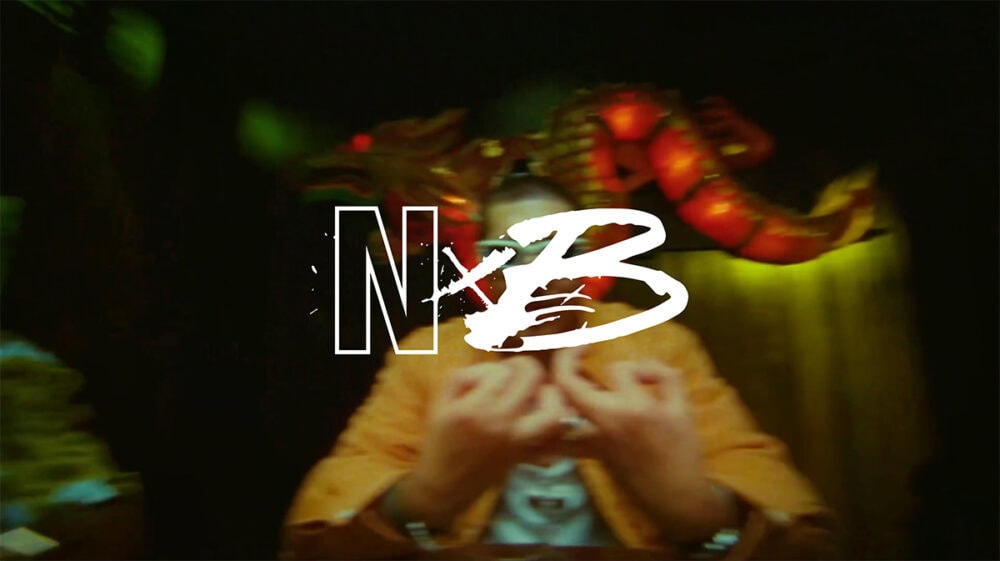Fake or Not: Feinheit wants to raise awareness among policymakers on how to deal with AI
Today, photos from Google Search can be used to automatically generate new fake images in a matter of seconds. With an AI experiment, Feinheit wants to raise awareness about the risk of political negative campaigning. And together with AlgorithmWatch CH, the agency is appealing to the parties.

Artificial intelligence (AI) or machine learning is currently making rapid progress: Photo-realistic images can now be generated within seconds - of well-known Swiss politicians, for example.
To show how deceptively real these images are, Feinheit has launched the "Fake or Not" AI experiment. She gives an AI generator the task of creating portrait images of the 46 members of the Council of States. The basis for this are photos of the politicians from Google searches, which the generator extracts. Everything is completely automated. On the "Fake or Not" page from Feinheit real and generated images can be compared. The result is amazing - and with minimal human intervention, the results would be even more striking.
The idea behind it: Enlightenment
With this experiment, Feinheit wants to raise awareness of how quickly large quantities of photorealistic images can be created today that are also of high quality. Anyone with Internet access can do this. Because now you don't have to know anything about image editing programs or invest a lot of time.
Moritz Zumbühl, Chairman of the Feinheit Board of Directors, emphasizes: "AI brings with it fantastic opportunities that we are excited about. But we also see the big risks, especially when machine learning is used for political negative campaigning." For example, the agency recently published in the SRF Kulturplatz demonstrateshow machine learning can be used to show a party leader rioting, for example.
Request to the parties
Fake pictures of politicians can be produced quickly, and AI-generated texts can be written quickly. If these are strategically disseminated in the election campaign to harm people, this can affect public debate and opinion-forming. Angela Müller, head of AlgorithmWatch CH, says: "It's not about banning AI. But we need clear legal rules under which conditions AI systems may be developed and used."
However, no such rules will be in place until the national elections in the fall. That is why Feinheit and AlgorithmWatch CH are calling on the Swiss parties to create transparency in the election campaign - and in particular not to use artificial intelligence for negative campaigns.








